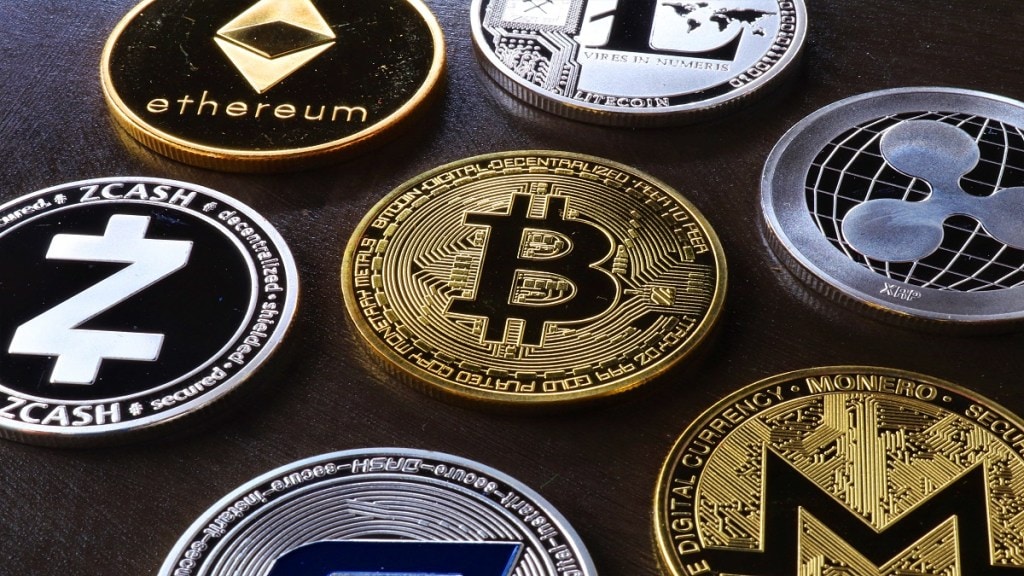Even as Ukraine has so far raised more than $50 million through over 89,000 cryptoasset donations in its war against Russia, as per data from blockchain analysis provider Elliptic, there are concerns around Russia’s possible use of cryptos to evade economic sanctions imposed by the West. However, crypto experts claimed it would be far from easy for Russia, with a $1.4 trillion banking sector, to evade sanctions through cryptos.
For instance, Ripple’s CEO and Co-founder Brad Garlinghouse, addressing similar concerns on crypto being an alternative for Russia to evade sanctions, said there are factual reasons for that not to happen on a broad scale. Garlinghouse tweeted on Wednesday that in order to convert crypto to fiat, exchanges etc., rely on banking partners who could lose their licenses if any of them on the US Office of Foreign Assets Control (OFAC) list is able to slip through. “Extremely stringent KYC/AML policies are in place to avoid precisely this,” said Garlinghouse.
In a joint statement on Saturday, the European Union along with Canada, France, Germany, Italy, the UK and the US had committed to “ensuring that selected Russian banks are removed from the SWIFT messaging system. This will ensure that these banks are disconnected from the international financial system and harm their ability to operate globally.” SWIFT or Society for Worldwide Interbank Financial Telecommunication is a co-operative of over 11,000 banks and institutions from more than 200 countries that allow smooth transfer of money across countries.
“It is not possible for Russia to use crypto to evade sanctions on a large scale. Cash is the only way and after a while, the premiums would be too high. It’s not a bank issue, it’s the exchange if they see funds coming from Russia, they will block it to comply with the sanctions. That’s why cash is the only viable way, but that’s too cumbersome on a large scale and has high markup,” Reggie Raghav Jerath, Founder & CEO at blockchain-based digital monetization platform Gather told Financial Express Online.
According to Black Sea Trade and Development Bank, an international financial institution serving the eleven-member founding countries of the Black Sea Economic Cooperation, a regional economic organization, the Russian banking system harbours 366 banks including 248 with a universal license as of December 2020. The banking sector accounted for around 87 per cent of the total assets in Russia’s financial sector.
Also read: Bitcoin is now more valuable than the Russian Ruble amid price recovery
Jake Chervinsky, Head of Policy at the US-based crypto and blockchain industry voice Blockchain Association explained in a Twitter thread on Wednesday why Russia can’t evade sanctions through cryptos. Chervinsky said since sanctions by the US goes beyond just US dollars, so irrespective of whether it is US dollars or gold or seashells or bitcoin, the US companies or citizens cannot transact with Russia at all regardless of what payment systems they were using previously.
Moreover, it would be difficult for Russia to offer an alternative to SWIFT. “If Russia wants an alternative, they’re far more likely to use China’s Cross-border Interbank Payment System (CIPS) than a public network they can’t control. Regardless, there’s nobody in the free world to do business with them anyway!,” said Chervinsky.
The comments from crypto experts came in the backdrop of warnings by financial and regulatory experts on Russia taking the crypto route to survive sanctions. According to a Forbes report, David Carlisle, the director of policy and regulatory affairs at Elliptic on Monday warned that Russia will “undoubtedly” make an effort to use crypto to help minimize the impact of sanctions.
Likewise, former US first lady Hillary Clinton, expressing disappointment over “some crypto exchanges” refusing to shut transactions with Russia, had told MSNBC on Tuesday that the US Treasury Department (and) the Europeans should look hard at how they can prevent the crypto markets from giving an escape hatch to Russia.


